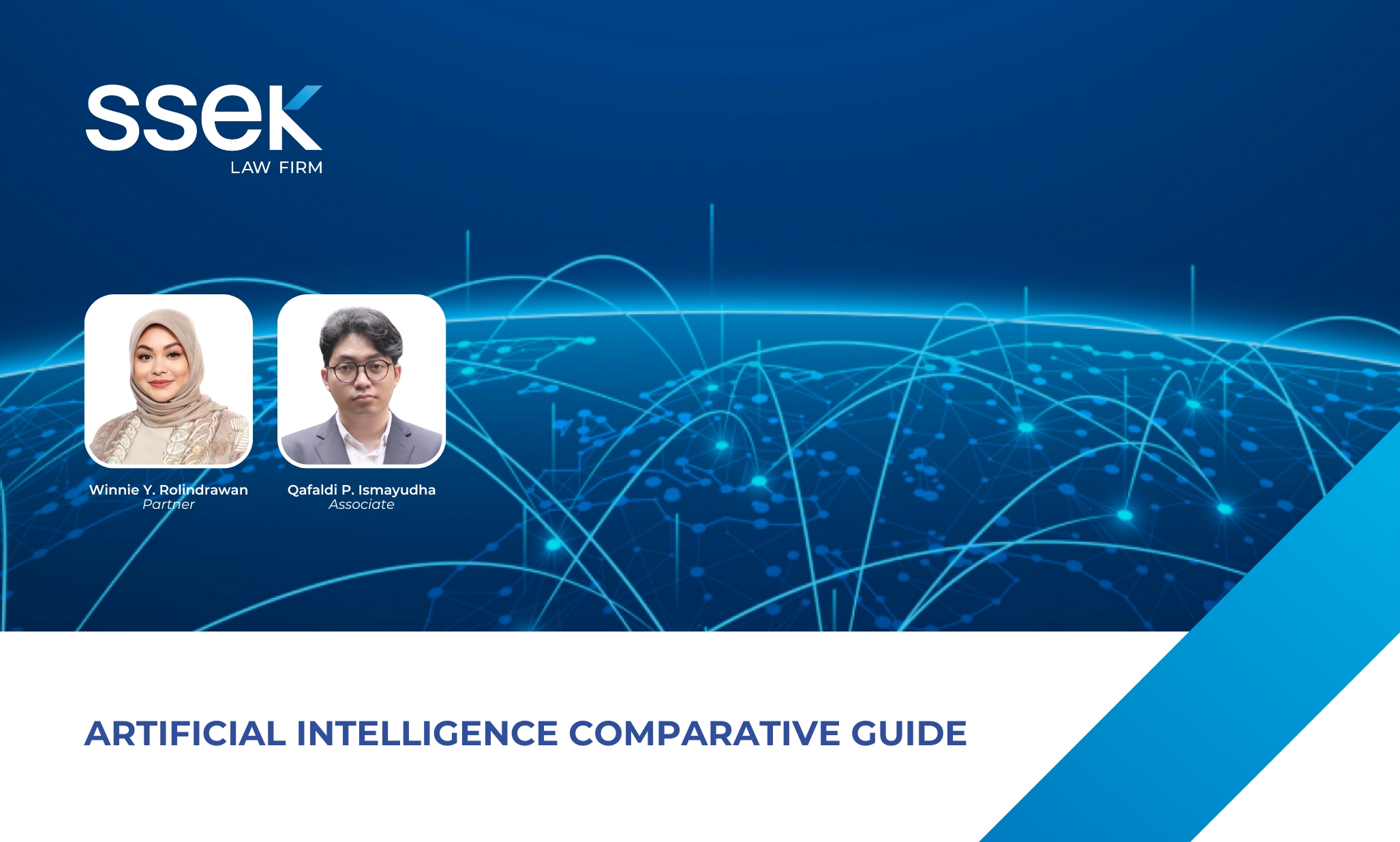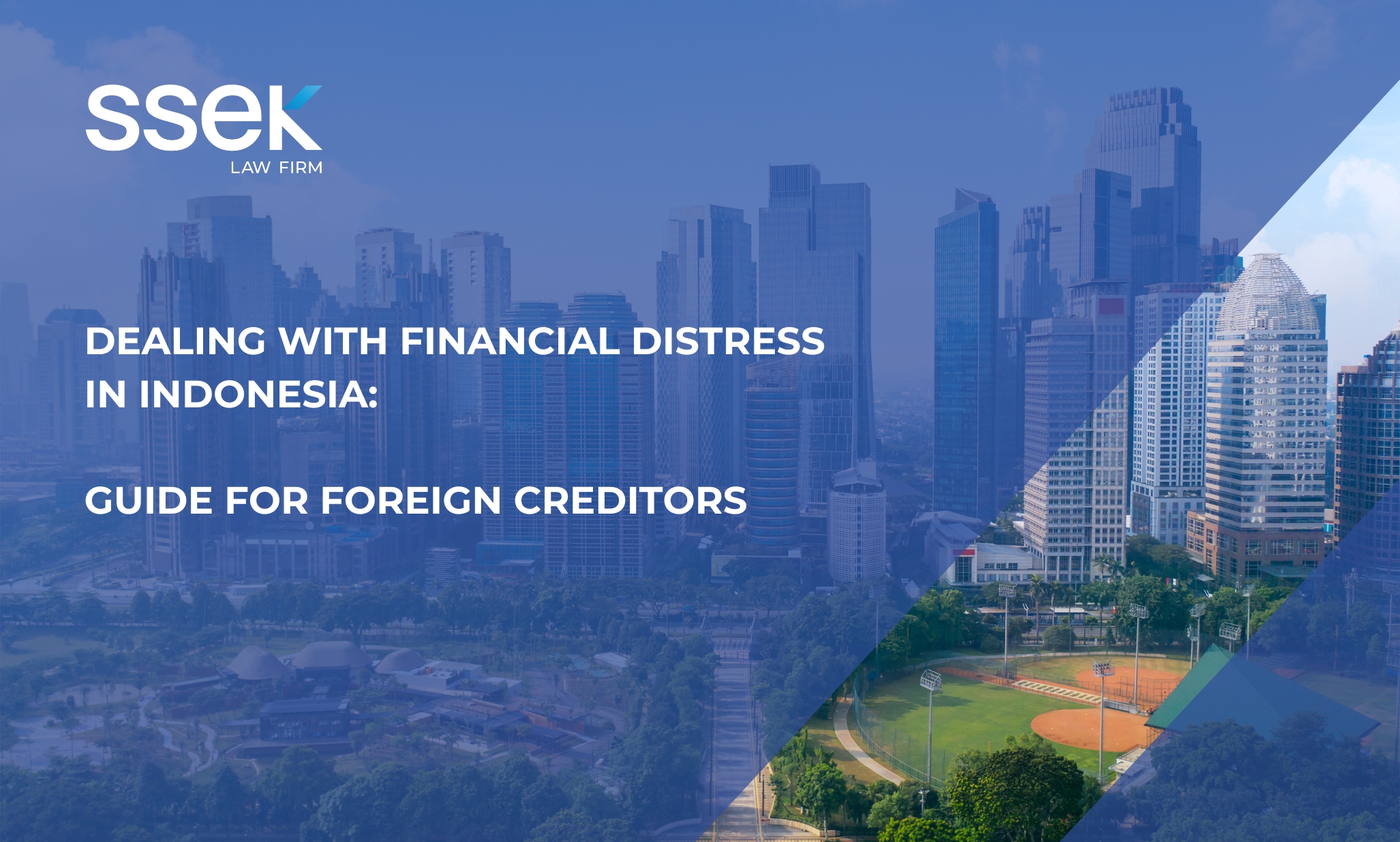

With the stated aim of supporting the national economy and expanding work opportunities through increased investment, the Indonesian Government issued Presidential Regulation No. 20 of 2018 ("PR 20") regarding the Utilization of Expatriate Manpower on March 26, 2018, revoking PR No. 72 of 2014. The enactment of PR 20 led to the integration of the Indonesian immigration and work permit application systems into the TKA Online system, which was officially launched in early November 2018.
Following the issuance of PR 20, the Indonesian Minister of Manpower ("MOM") updated the requirements for employing expatriates through the issuance of MOM Regulation No. 10 of 2018 regarding Procedures for the Utilization of Expatriate Manpower, dated July 11, 2018 ("MOM Reg. 10/2018"). This regulation replaced MOM Regulation No. 16 of 2015 as amended by MOM Regulation No. 35 of 2015.
The Minister of Law and Human Rights ("MOLHR") then issued MOLHR Regulation No. 16 of 2018 regarding Procedures for Granting Visas and Stay Permits for Expatriate Manpower ("MOLHR Reg. 16/2018"), dated July 27, 2018, to address work visas and stay permits based on work visas, and to complement MOLHR Regulation No. 24 of 2016 ("MOLHR Reg. 24/2016").
MOM Reg. 10/2018
One of the major changes from the previous regime for expatriate permit regulations is that there is no longer an Expatriate Manpower Employment Permit (Izin Mempekerjakan Tenaga Kerja Asing or "IMTA"), and the Expatriate Manpower Utilization Plan ("RPTKA") approved by the MOM, which previously was a prerequisite document to obtain an IMTA, is now considered the permit to employ expatriate employees.
It is important to note, however, that an approved RPTKA does not automatically grant employers the right to employ expatriates. Employers must still obtain a document called a "Notification" from the MOM that basically approves the employment of expatriates in Indonesia. A Notification also serves as the basis to obtain a Limited Stay Visa ("VITAS").
Unlike under the previous regime, where it took six business days by law but weeks in practice to obtain an RPTKA and IMTA, the current regulations provide that the RPTKA and Notification process should be completed in no more than four business days (two business days for each document), which is in line with the Indonesian Government's objective to speed up the work permit application process. Another major change relates to the validity period of a work permit, where now both the RPTKA and Notification must follow the duration of employment stated in the employment contract.
IMTA Adjustment
IMTAs issued prior to the new regime remain valid until their expiration. While there are no provisions on the conformation of an existing IMTA using the new procedures, the TKA Online system does contain details on the necessary steps. In brief, there is an option in the TKA Online system when applying for a Notification that allows the Notification application to serve as an adjustment to an existing IMTA.
MOLHR Reg. 16/2018
The issuance of MOLHR Reg. 16/2018 does not affect MOLHR Reg. 24/2016 as a regulation that governs immigration permits for foreigners. While MOLHR Reg. 24/2016 covers visas for expatriates in general, MOLHR Reg. 16/2018 focuses on visas and stay permits for expatriates working in Indonesia. Under MOLHR Reg. 24/2016 the possible validity period for visas ranges from 30 days to 2 years, while the validity period for a VITAS under MOLHR Reg. 16/2018 depends on the period stipulated in the Notification but shall not exceed two years.
A VITAS serves as basis to obtain a Limited Stay Permit ("ITAS"). Under the new regulations, an ITAS can be obtained directly at authorized airports and other ports of entry, so it is no longer necessary to go to the local Immigration Office to obtain the permit.
Multiple Positions at Different Employers
There are some changes to the provisions regarding multiple expatriate positions under MOM Reg. 10/2018. One of the changes is the expansion of the list of eligible multiple positions other than directors or commissioners, i.e. the educational and vocational training sector, the digital economy sector, and oil and gas Production Sharing Contract contractors.
Allowed Positions for Expatriates
When an Indonesian employer applies for an RPTKA, the MOM will refer to separate MOM decrees regarding the allowed positions for expatriates in each business sector. The MOM is finalizing a draft decree that lists all of the positions from various business sectors that can be filled by expatriates in Indonesia. We will provide a further update once the MOM decree is issued.
This publication is intended for informational purposes only and does not constitute legal advice. Any reliance on the material contained herein is at the user's own risk. You should contact a lawyer in your jurisdiction if you require legal advice. All SSEK publications are copyrighted and may not be reproduced without the express written consent of SSEK.









